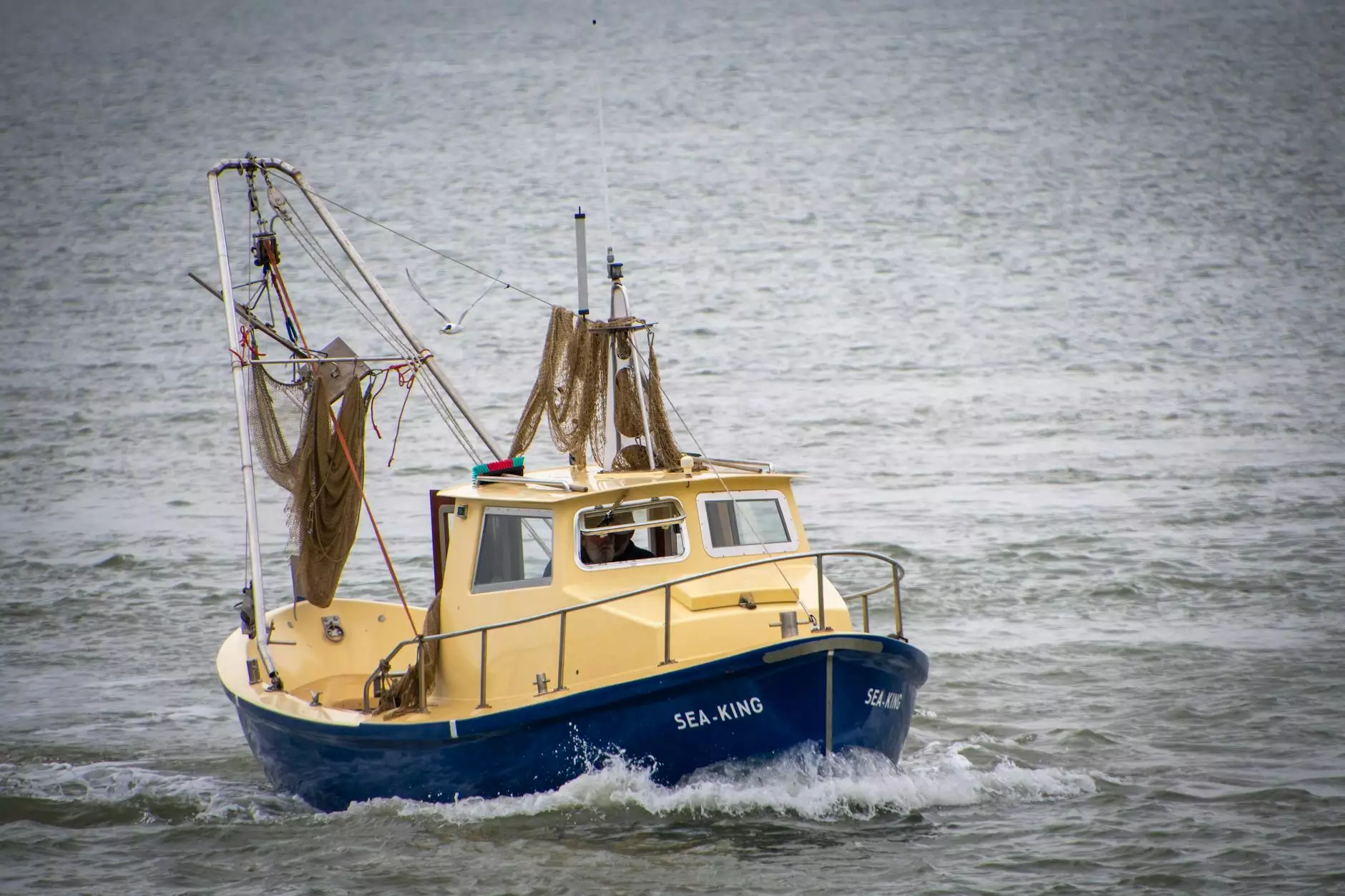Formation Cabin Crew: Elevating Service Standards in Aviation

The aviation industry plays a crucial role in connecting the globe. At the heart of this industry is a dedicated team of professionals known as the cabin crew. These individuals not only ensure the safety and security of passengers on board but also elevate the travel experience through exceptional service. This article delves into the significance of formation cabin crew training, essential skills needed, and how it shapes the future of the aviation industry when done right.
The Importance of Cabin Crew Training
Training is essential in any profession, but the demands of aviation necessitate a comprehensive approach to training cabin crew. Here's why:
- Safety and Security: Cabin crew members are responsible for several safety protocols. Their training ensures they know how to respond in emergencies, perform evacuations, and handle in-flight incidents effectively.
- Customer Service Excellence: In a service-oriented industry, providing an exceptional customer experience can set an airline apart from its competitors. Formation cabin crew training emphasizes communication, empathy, and service delivery skills.
- Cultural Sensitivity: With the airline industry connecting passengers from various cultures, understanding and respecting cultural differences is critical. Training programs teach cabin crew members to interact better with diverse groups.
- Compliance with Regulations: Aviation is heavily regulated. Understanding international and local regulations is vital for cabin crew members. Training provides the necessary knowledge and skills to comply with these regulations.
- Career Advancement: Well-trained cabin crew members have better opportunities for advancement in their careers. Comprehensive training prepares them for higher roles within their airline.
Key Components of Formation Cabin Crew Training
The structure of cabin crew training varies by airline; however, several key components are universally essential. Each aspect of training aims to develop well-rounded and capable professionals:
1. Safety Training
Cabin crew undergo extensive safety training to prepare for emergencies. This includes:
- Emergency Evacuation Procedures: Learning evacuation routes and procedures ensures that in case of an emergency, crew members can guide passengers safely.
- Firefighting Training: Crew members learn how to handle fires onboard using various firefighting equipment.
- First Aid and Medical Training: Understanding how to provide first aid, recognizing medical conditions, and using medical equipment onboard are crucial parts of training.
2. Customer Service Skills
Providing excellent customer service requires specific soft skills. During formation cabin crew training, candidates develop:
- Communication Skills: Effective communication is crucial for addressing passenger needs and delivering information clearly.
- Conflict Resolution: Crew members learn techniques to manage difficult situations and resolve conflicts amicably.
- Empathy and Cultural Awareness: Training includes understanding cultural differences and treating all passengers with respect and empathy.
3. Regulatory Knowledge
Cabin crew must be aware of various laws and regulations governing flight operations:
- Aviation Safety Regulations: This covers the regulations set forth by international aviation bodies like the FAA or EASA.
- Health and Safety Compliance: Understanding how to maintain safety standards during a flight is crucial to ensure a safe travel environment.
Developing Essential Soft Skills
In addition to technical training, developing soft skills is pivotal in the formation of an outstanding cabin crew:
1. Teamwork
Cabin crew members work closely together to ensure smooth flight operations. Formation cabin crew training emphasizes:
- Collaboration: How to work effectively with colleagues to foster a supportive environment.
- Delegation: Understanding when to delegate tasks appropriately to utilize each team member's strengths.
2. Adaptability
The dynamic nature of aviation requires cabin crew members to be adaptable. Training prepares them for:
- Change Management: Dealing with flight delays, passenger needs, and dynamic flight environments.
- Problem Solving: Developing quick thinking and creative solutions to onboard challenges.
3. Stress Management
Handling stressful situations is inevitable for cabin crew. Training includes:
- Time Management: Optimizing time effectively during flights to ensure all duties are performed without overwhelming the crew.
- Stress Relief Techniques: Learning strategies for self-care, including breathing techniques and maintaining professionalism under pressure.
Innovations in Cabin Crew Training
The aviation industry continually evolves, with technological advancements influencing training approaches. Some innovative methods include:
1. Virtual Reality (VR) Training
Many airlines are now utilizing virtual reality to simulate emergency scenarios, allowing cabin crew to practice in a safe, controlled environment. This method offers realistic experiences that enhance learning retention and decision-making skills.
2. Online Learning Platforms
With the rise of digital tools, training programs are incorporating online modules that allow trainee cabin crew members to engage with materials at their own pace. This flexibility accommodates various learning styles and schedules.
3. Scenario-Based Training
Using real-life scenarios, trainers create situations that cabin crew may encounter during flights. This hands-on approach enhances preparedness and builds confidence among trainees. By actively participating, crew members can better internalize safety protocols and customer service excellence.
Conclusion: The Future of Cabin Crew Training
The significance of formation cabin crew training cannot be overstated. In an industry where safety and excellent customer service determines success, investing in comprehensive training programs is critical. As aviation continues to evolve, embracing new training technologies and methodologies will ensure cabin crew members are well-prepared to meet the challenges of modern air travel.
At cabincrew-academy.com, we believe that a well-trained cabin crew is the cornerstone of an outstanding flight experience. Join us today for the most in-depth training programs designed to equip you with the skills, knowledge, and confidence necessary to thrive in this rewarding and dynamic industry.



